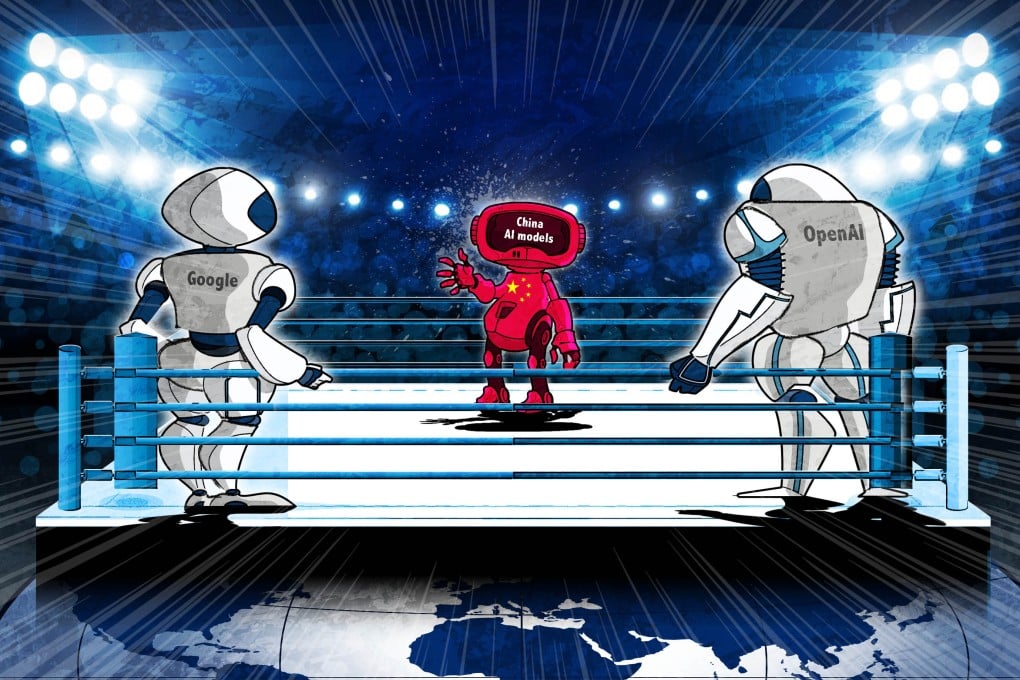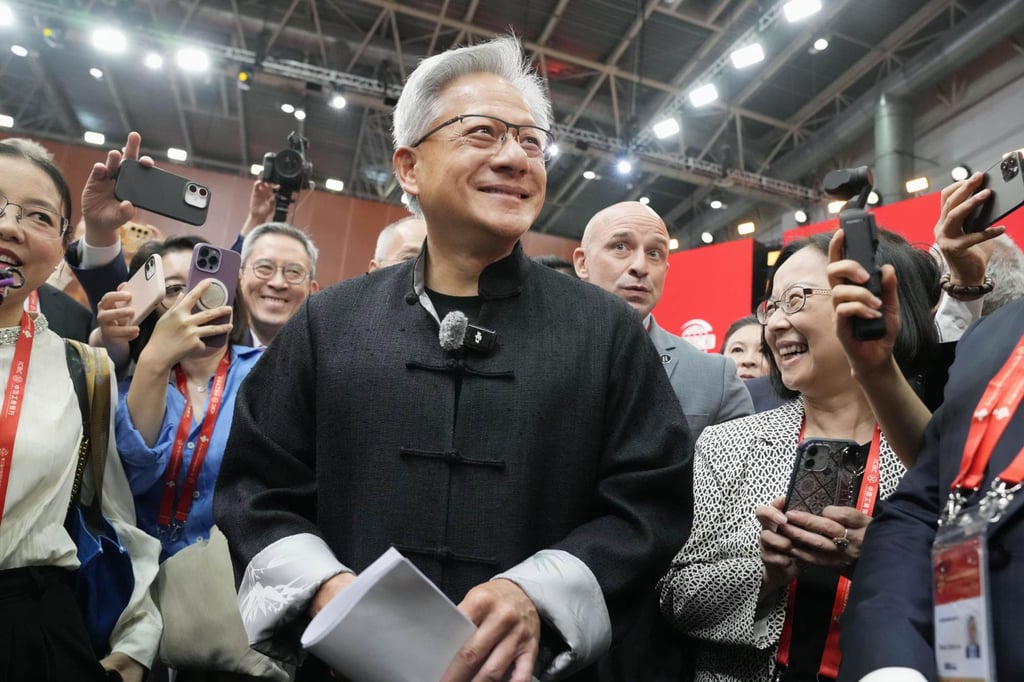How China’s open-source AI is helping DeepSeek, Alibaba take on Silicon Valley
China’s free-for-all AI models, developed by firms like DeepSeek and Alibaba, present a viable alternative to US closed-source systems

In contrast, developers from countries ranging from Afghanistan to Zimbabwe were given access, reflecting OpenAI’s unspoken belief that its valuable models must be safeguarded against misuse by China, along with Iran, Russia and North Korea.
Now the tide has turned. With the December 2024 launch of DeepSeek’s free-for-all V3 large language model (LLM) and the January release of DeepSeek’s R1, an AI reasoning model that rivals the capabilities of OpenAI’s o1, the open-source movement started by Chinese firms has sent shock waves through Silicon Valley and Wall Street.
The trend has not only unleashed a wave of AI applications in China, but also redefined the global AI landscape, winning the support of developers worldwide. Chinese open-source models present a viable alternative to the closed-off systems championed by US tech giants like OpenAI and Google.
Open-source AI models – whose source code and model weights are available for anyone to use, modify, and distribute – encourage a collaborative approach to AI development.
While in the past, open-source computer systems like Linux failed to replace proprietary competitors like Microsoft’s Windows, analysts said that this time around, China’s free-to-use AI models posed a serious challenge to US counterparts.
